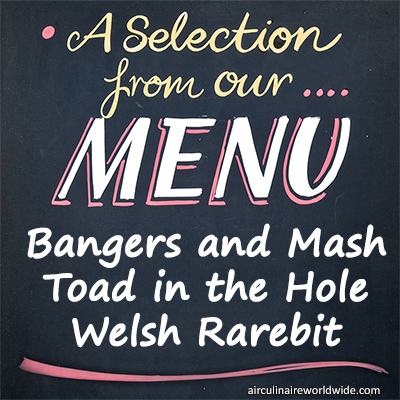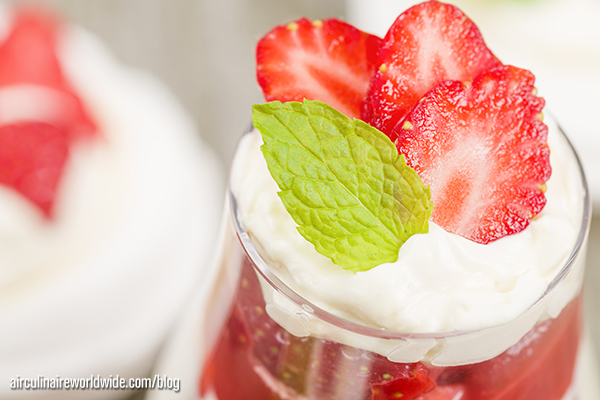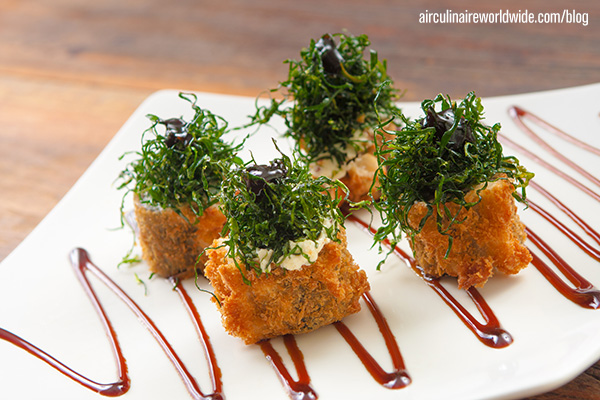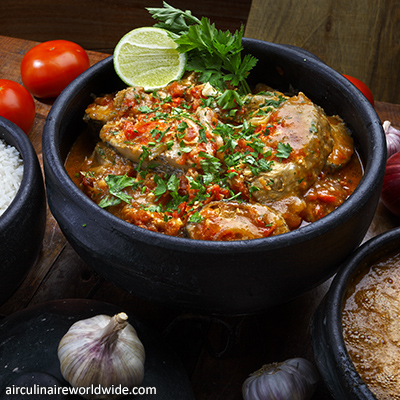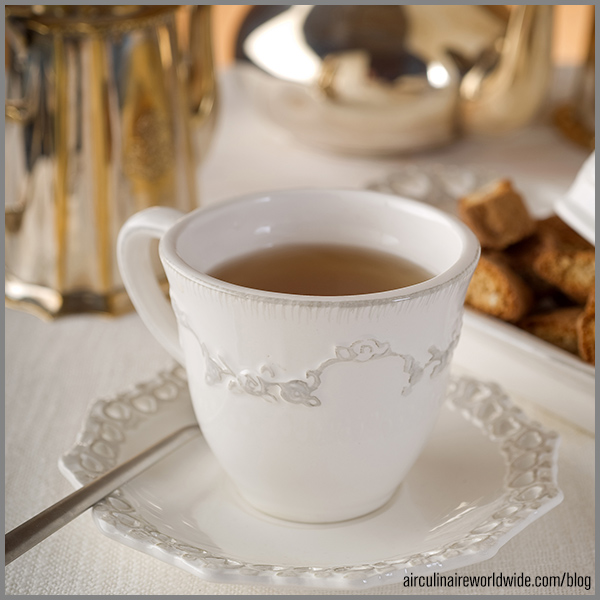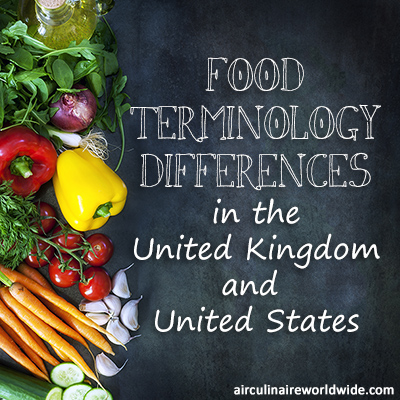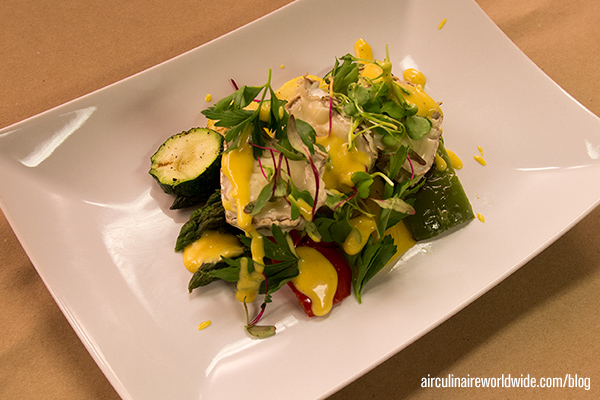When travelling to another country, I always try out local delicacies. Whether it is gumbo in the U.S. or deep-fried scorpions in Thailand, food always offers an exciting way to explore different cultures. You would think that when you try new things in a new country, language would be your first hurdle. You have to awkwardly order from a menu you can’t read, speak in a faux accent, and shout as though the waiter is hard of hearing. Unfortunately, even if you have mastered the language, you can never account for strangely named traditional dishes. No doubt, the United Kingdom is home to an abundance of dishes which would have you running to the nearest pizzeria on the names alone!
For example, “Toad in the Hole” is an old-fashioned staple, consisting of sausages cooked in Yorkshire pudding batter and covered with onion gravy. Now, I should probably start by explaining what a Yorkshire pudding is. The dish originates from the north of England and is a combination of eggs, flour, and milk served with the traditional British Sunday roast. Think “pancake” but lighter and tastier! If you are not native to England, you might think “Toad in the Hole” sounds French, like a cousin of our continental pals’ delicacy, frog’s legs. To put the mind at ease, there are, of course, no toads in this dish, and, from what I gather, there never were. The true reason for it being called “Toad in the Hole”? I have absolutely no idea, and it looks like there are many suggestions. My favorite is that the sausages look like toads peeking out of a hole. Now, I have had many “Toads in the Holes” and looked at them from many different angles, but I can not fathom how that one is possible!
Another dish which commonly appears on British menus (and very often in the homes of British grandmothers) is “Bubble and Squeak.” This dish is assumed to date back as far as the 16th century, and it is, essentially, leftover foods shallow-fried and served. Now, it may not sound appealing, but that all depends on what food you have left over. The traditional ingredients include roast meat, cabbage, and potato. However, I am pretty sure you could have a go with pizza, curry, and ice cream. (Just don’t come running to me when that doesn’t work out!) The name comes from the sound it makes as it is cooking in the pan. Think a 16th-century “snap, crackle, pop.” Personally, I always like to think of “Bubble and Squeak” as the ideal term for describing that feeling of getting in from work and having to feed yourself a combination of bits from the cupboard. “Bubble and Squeak” is also Cockney rhyming slang for “Greek,” so if you are looking for it in the East End of London, be careful: You may end up with koftas and stuffed vine leaves. “Bubble and Squeak” was very popular in war times when rationing forced many people to look into different ways to save food, and it has stayed around for many to enjoy.
Now, as an example from Wales is the very confusingly named “Welsh Rarebit” or “Rabbit.” Any logical person would read the dish’s name and assume it is a Welsh rabbit dish, but, as I am sure you are aware from the previous examples, this could not be further from the truth. The dish is, in fact, just a gourmet version of cheese on toast, usually made with cheddar cheese and bechamel sauce. Welsh rarebit is the perfect comfort food, very similar to the French “Croque Monsieur.” The origin of the name, as with many British names, is a bit foggy. One suggestion is that it is an English joke, referencing the fact that, in the 18th century, many Welsh people were too poor to afford even a cheap meat such as rabbit. I like to think that it is the perfect way to order a simple homemade classic while sounding like you are ordering a fascinating delicacy.
Now the last example, and perhaps one of my favourite British classics, is “Bangers and Mash.” Sausages served with mash potatoes and onion gravy, it is a favourite in gastropubs all over Great Britain. The term “banger” is believed to come again from war times. (People clearly love nicknames during times of strife.) During the war, sausages were made with more water due to rationing, which caused them to explode sometimes during the cooking process. As if people didn’t have enough to worry about!
Questions?
If you have any questions about gourmet inflight catering in London, contact weborders@airculinaire.com.
